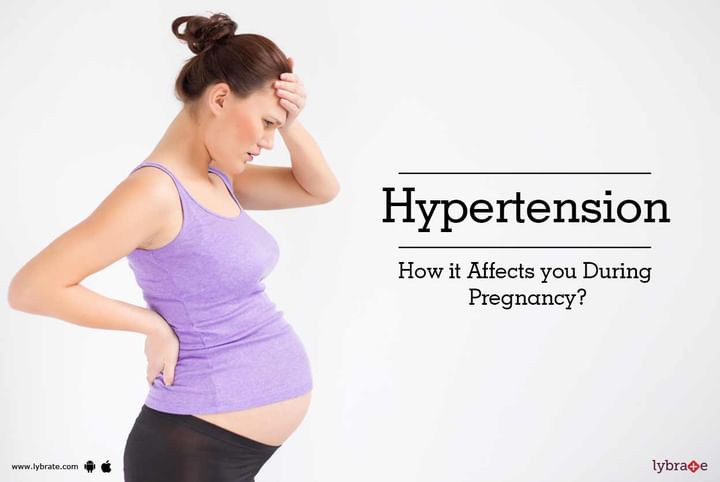Hypertension - How it Affects you During Pregnancy?
Are you experiencing high blood pressure or hypertension during pregnancy? Hypertension is a condition in which your blood pressure levels shoot up to a level, which may cause damage to the body. In case of pregnant women, hypertension may inflict damage on both the mother and the growing baby. You require a special care for dealing with hypertension during pregnancy, irrespective of the fact whether it develops before or after conception. Here are some important facts you ought to know about hypertension and pregnancy.
There are different types of high blood pressure issues caused during pregnancy.
- Gestational hypertension: Women with this form of hypertension have high blood pressure, which develops around 20 weeks of pregnancy. There is no sign of organ damage or the presence of protein in urine. Many women with gestational hypertension develop preeclampsia eventually.
- Chronic hypertension: Chronic hypertension is the high blood pressure condition which is present before pregnancy or it may occur before 20 weeks of pregnancy. It is hard to determine high blood pressure as it does not have prominent symptoms.
- Chronic hypertension with superimposed preeclampsia: This condition is likely in women with chronic blood pressure being present from before pregnancy. During pregnancy, women with this condition develop worsened high blood pressure and protein content in the urine. Other health complications are also indicated.
- Preeclampsia: This is a pregnancy complication featured by high blood pressure along with signs of damage to other organs of the body. This happens from chronic high blood pressure and gestational hypertension. It usually sets in within 20 weeks of pregnancy. If untreated, preeclampsia can lead to several serious complications to the mother and the baby.
Risks of high blood pressure during pregnancy
High pressure during pregnancy is associated with several risks. They are as follows:
- Decreased flow of blood to the placenta: When the placenta does not receive sufficient blood, your baby will be deprived of enough oxygen and nutrients. This might cause slow growth, premature birth or low birth weight in your baby. Prematurity also causes breathing trouble in the baby.
- Placental abruption: Preeclampsia increases the risk of placental abruption, where the placenta gets separated from the inner uterine wall before delivery. Severe cases of placental abruption lead to placenta damage and heavy bleeding.
- Premature delivery: In some cases, early delivery of the baby has to be carried out for preventing some life threatening conditions.
For reducing the risk of complications caused by hypertension during pregnancy, it is important for you to consult a doctor regularly throughout pregnancy. You should take blood pressure medicines prescribed by a doctor in the most suitable dosage. You should also stay active, follow a healthy low sodium diet and stay away from smoking, alcohol and substance abuse.



+1.svg)
